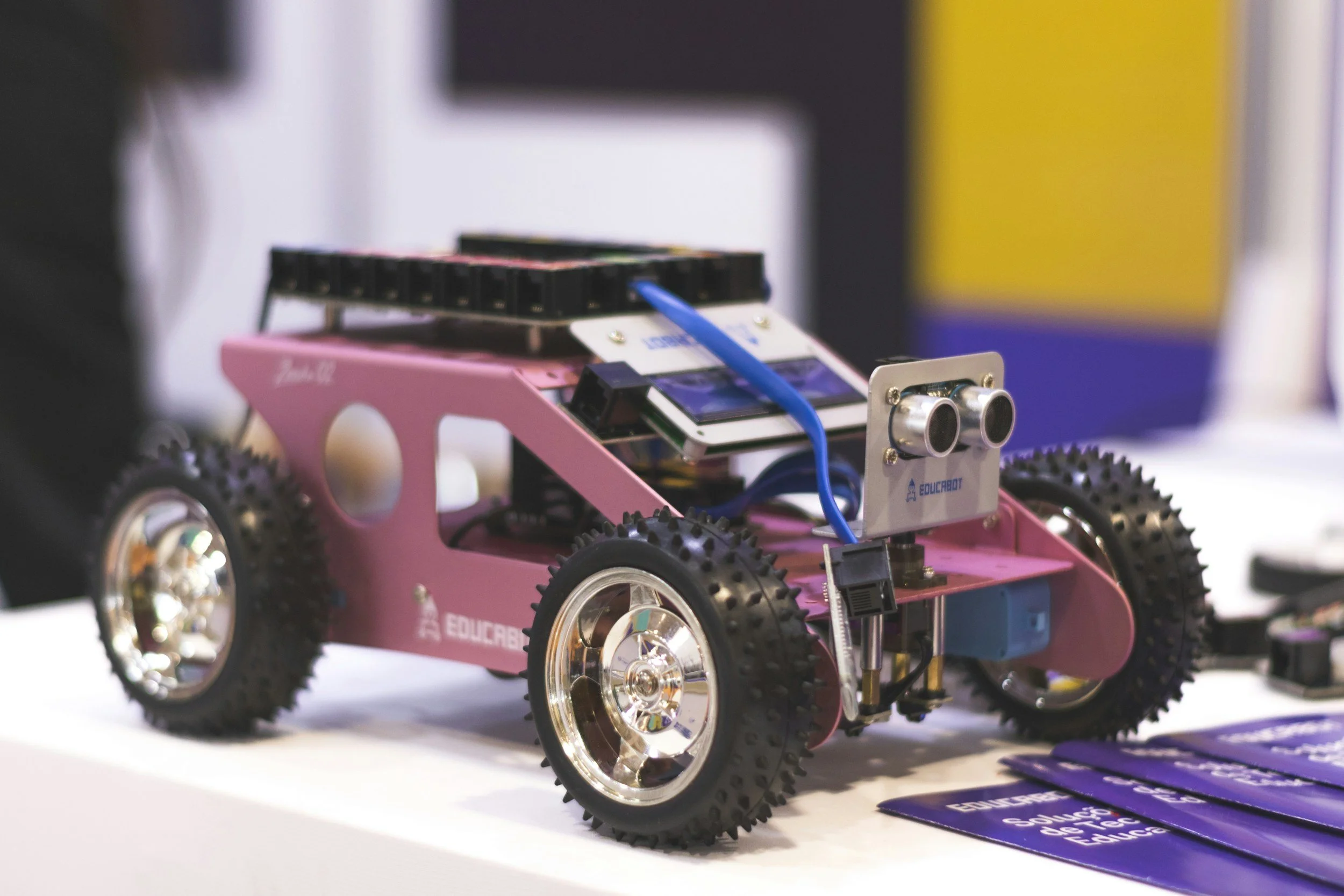Expanding AI & Robotics in UK Schools for Hands-On STEM Learning
Last month, the UK Department for Education announced it will extend its AI & Robotics Pilot to 50 additional secondary schools this autumn, up from an initial 20 schools in 2024 This move marks a potentially significant commitment to hands-on STEM education, embedding machine-learning modules, automation labs, and ethical computing across a diverse range of regions. As demand for digital skills skyrockets, this pilot sets a blueprint for integrating cutting-edge technology into mainstream classrooms.
Traditional computer science teaching often centres on theory and syntax. By contrast, robotics kits and AI platforms make abstract concepts tactile: students learn by building and programming, instantly seeing cause and effect. RC Vision takes this further - the purpose provided by racing adds a significant layer beyond simply “making it work”. Early evaluations of the pilot show marked improvements in student engagement and computational thinking—a critical skill set encompassing problem-decomposition, pattern recognition, and algorithmic reasoning. i.e. nurturing habits of mind that we believe are essential.
SMEs across the UK report up to 80 percent difficulty recruiting employees with AI and robotics expertise. Embedding practical learning at the secondary level helps cultivate a pipeline of talent with real-world experience. Furthermore, combining this with initiatives like EUK Education bursaries for grassroots STEM projects ensures under-served schools can access similar hands-on experiences.
While classroom pilots are transformative, community spaces amplify impact. RC Vision’s electric RC car workshops (including projects collaborating with GWR and BMW Group) turn local halls into mini engineering labs, where young people—particularly from minoritised backgrounds— race their creations on track. These informal environments foster the crucial human factors of agency, social connectedness and purpose that formal settings can’t always replicate.
To maximise success, we work together to:
Invest in CPD: Ensure educators can confidently use robotics kits and AI software.
Foster Cross-Curricular Projects: Tie robotics challenges to science, maths, and ethics lessons.
Partner with Community Ventures: Link the DfE pilot with local clubs and workshops to offer extended learning.
Measure Impact: Track student progress in habits of mind and developing career management skills.
This expansion of the AI & Robotics Pilot could spark a new era for UK STEM education—one where theory meets practice, and students become makers not just consumers of technology. By pairing national policy with community-driven, hands-on experiences, we can equip every learner with the skills, confidence, and creativity needed for the complexities of the future. And have a lot of fun along the way.
Keywords: hands-on STEM education, community STEM spaces, informal learning, STEM pipeline, RC Vision workshops
